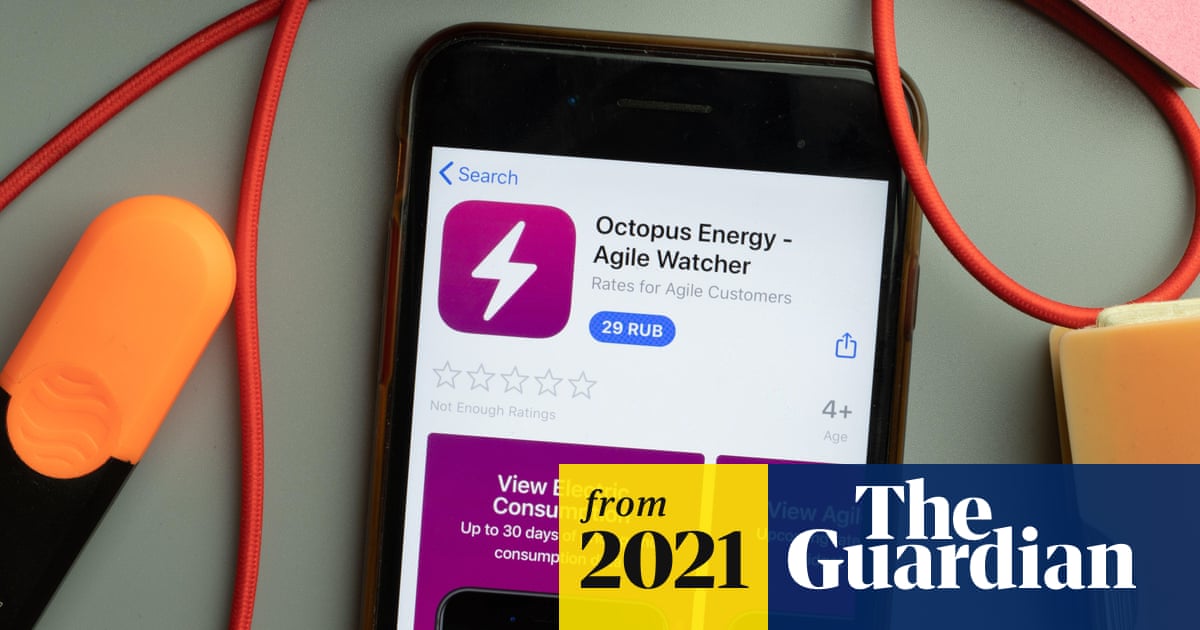Edinburgh Black Cat
Striker
They would need serious money to hedge and stay competitive.
Yeah, I get that, but they will soon, unless they have bottomless supplies, which is unlikely given the value of the company.
They've either got some agreement in place, or they're running the risk of going tits up as well.

